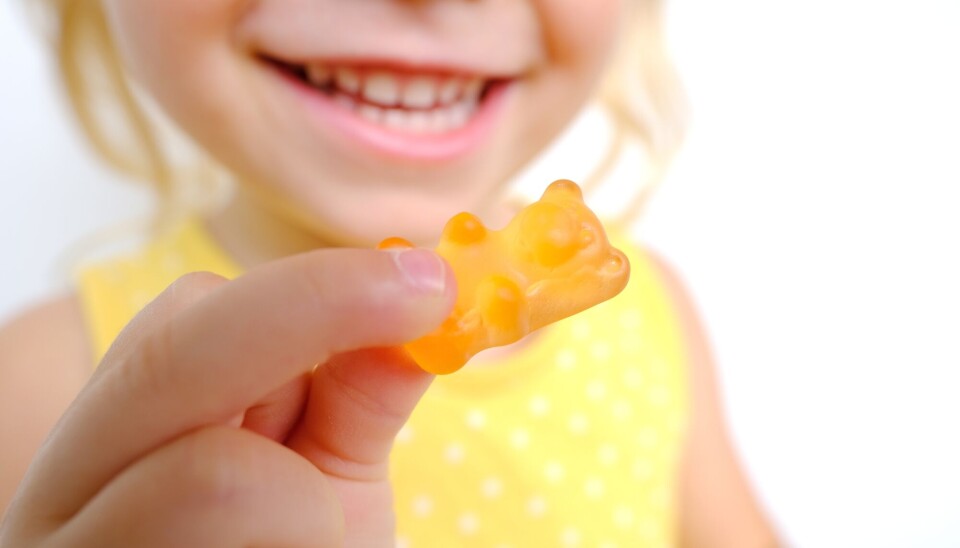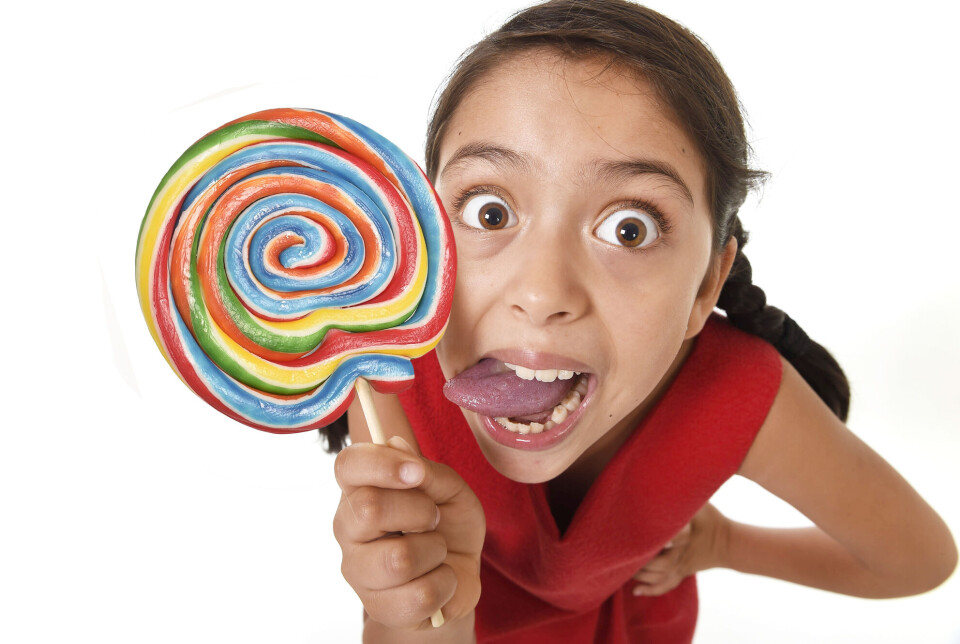Why do we crave sugar?
ASK A RESEARCHER: The explanation may lie in breast milk.

Perhaps you have felt the joy of eating ice cream on a warm summer day or enjoying a delicious chocolate treat after a long day?
Chocolate, ice cream, and cakes are things most of us like.
But what is it about sweets that keep us coming back for more?
It's not just a coincidence.
There is actually a scientific explanation for why we love the taste of sweetness so much.
Joy from the very start
From our very first meal – breast milk – we experience a sweet taste.
"There is a sweetness in the milk that we all like," says researcher Astrid Kolderup Hervik.
She works at the University of South-Eastern Norway and has studied sugar, among other things.
Throughout our development, sugar has been a quick and important source of energy.
We need energy to survive.
"That’s why humans have always been drawn to foods that provide quick energy. We are naturally drawn to sugar," says Hervik.

The brain rewards us
When we eat sugar, the brain releases a chemical called dopamine.
"Dopamine is a substance that makes us feel good," says Hervik.
We can imagine the brain celebrating with joy because it enjoys what we are eating.
That's why we can feel extra happy when eating chocolate.
Many also associate sugar with weekends, birthdays, and celebrations – occasions where we often enjoy both cakes and sweets.
Linking sugar with fun and festivities may also make us enjoy it even more, believes Hervik.
Is 'sugar rush' a myth?
Have you ever been warned not to eat too much sugar because it might make you hyperactive?
It turns out that the so-called sugar rush is not entirely real, according to researchers.
In 2018, English and German researchers investigated whether sugar affected people's mood.
They could not find any link between sugar and hyperactivity.
However, they did discover that consuming sugar might make us more tired and less attentive.
"Still, what we eat can influence how we feel," says Hervik.

What happens if we eat too much sugar?
"Even though the sugar rush may be a myth, we still should not consume too much sugar overtime," says Hervik.
It can be harmful to our health.
It increases the risk of obesity, cardiovascular diseases, type 2 diabetes, and dental problems.
However, research shows that the effects of sugar depend largely on how much of it we consume, according to Hervik.
"If you eat a little sugar while maintaining a healthy diet overall, it's not a problem. It's the large amounts over time that can become an issue," Hervik concludes.
———
Translated by Alette Bjordal Gjellesvik
Read the Norwegian version of this article on ung.forskning.no
Reference:
Mantantzis et al. Sugar rush or sugar crash? A meta-analysis of carbohydrate effects on mood, Neuroscience & Behavioral Reviews, vol. 101, 2019. DOI: 10.1016/j.neubiorev.2019.03.016

Subscribe to our newsletter
The latest news from Science Norway, sent twice a week and completely free.



































